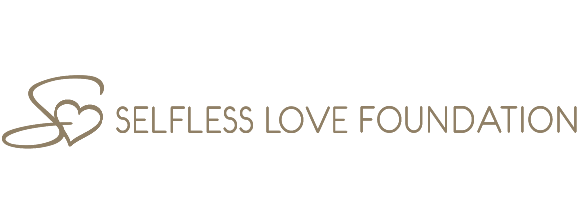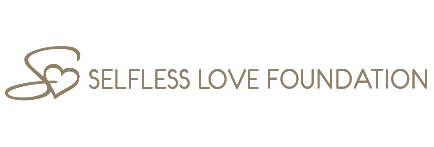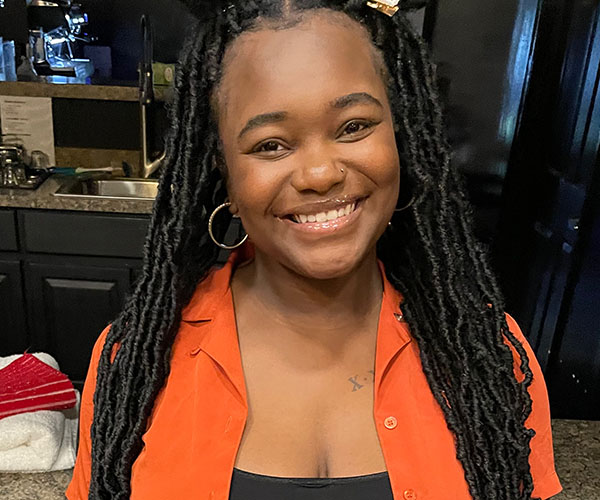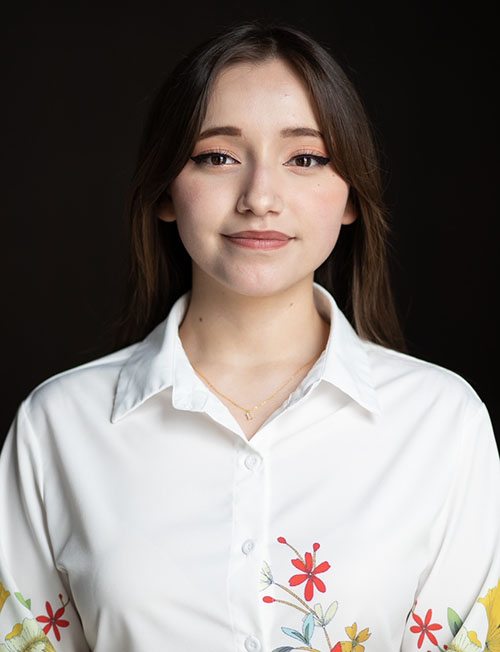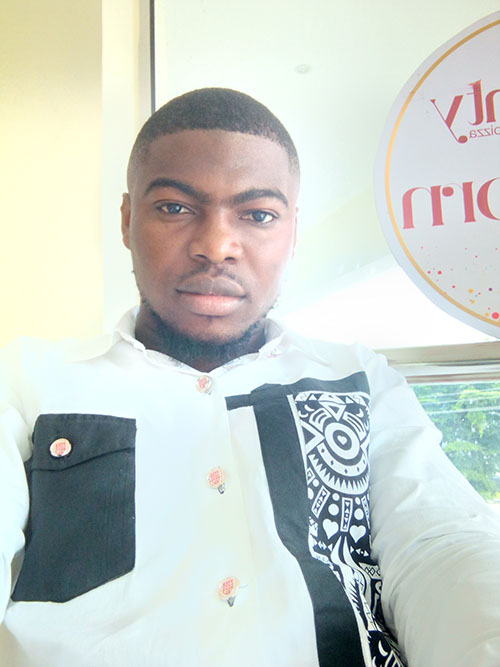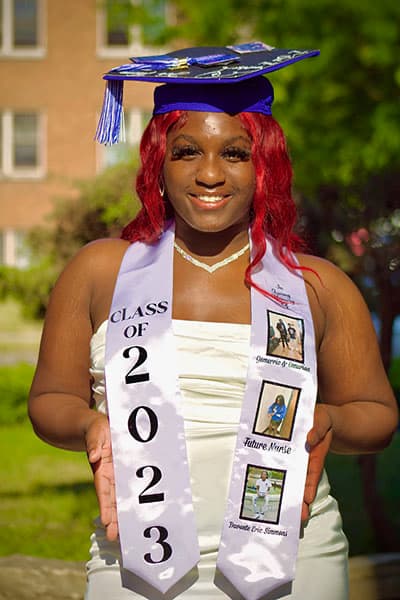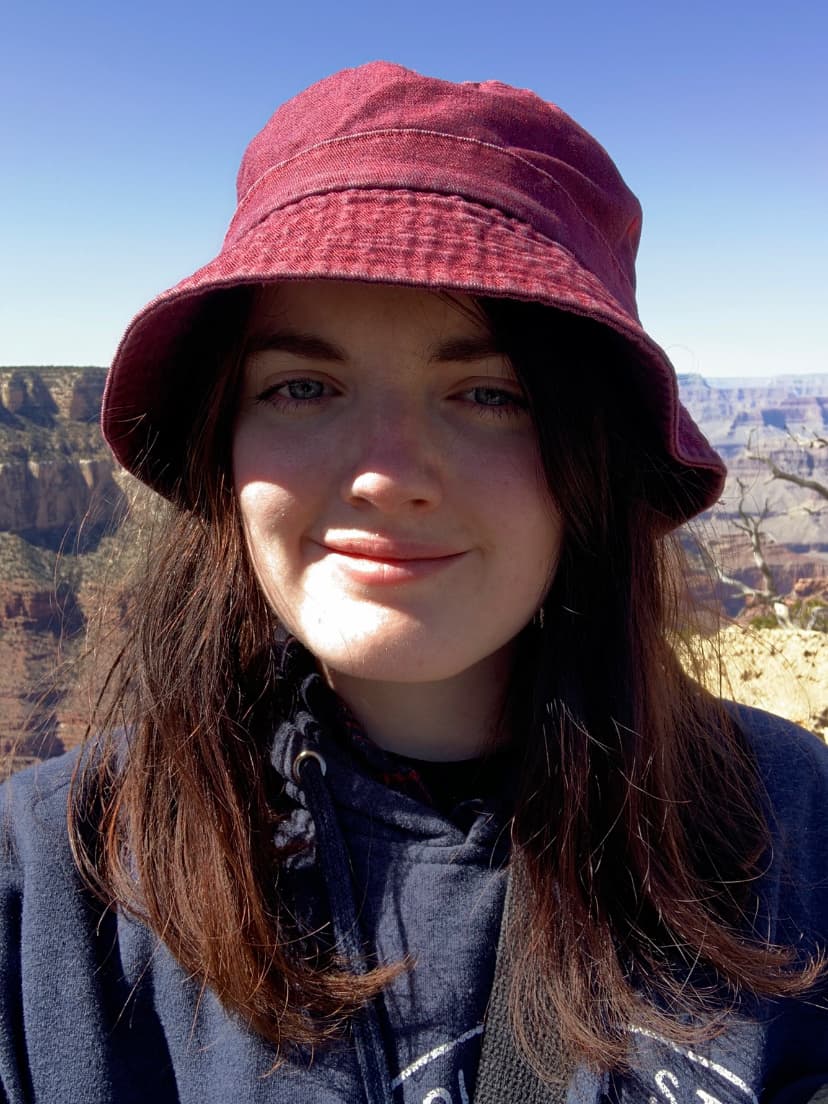
I lived in a kinship placement between the ages of 15 and 19. Thankfully, I had a consistent and dedicated caseworker for the majority of my time in the system who directed me to any resources necessary. What surprised me was that the Department of Child Safety (DCS) collaborated with local organizations that also aided foster youth. Two notable organizations that helped me are Arizona Friends of Foster Care and Foster Care To Success. I was able to receive additional funding for academic, extracurricular, and living expenses. Through the Young Adult Program, I was connected to an independent living specialist who went through a series of exercises with me to ensure that I would grow up to be a more knowledgeable and independent adult. They also encouraged me to attend workshops. I learned to further improve different aspects of my life and to use my voice effectively.
Over time, I came to realize that my experience in kinship care was far different from other youth who were living with foster parents or in group homes. As of 2020, within the state of Arizona about 51% of foster youth end up in licensed or unlicensed kinship placements, which are considered the least restrictive and disruptive placements in the child welfare system. The stability and support I received in my placement helped me find resources and discover my voice. However, gaining access to resources and information may be more difficult for children and youth in other placements.
What I found concerning was that some of these opportunities are age-restricted and only applicable to youth who were in foster care at the age of 16 or older. Therefore, a youth could have an entire lived experience in foster care up to their 16th birthday and theoretically be deemed ineligible for the aid. Without these resources, I would not be where I am today, and I especially would not have been able to attend or afford university. I only knew about these resources through the connections I made with my caseworker, other DCS staff members, and networking at the events I was able to attend. I believe these resources should be more publicized to give the same advantages to more youth.
Through the events I’ve attended and the connections I’ve made, I was invited to participate in the DCS’s own Youth Empowerment Council. Through my time on this council I have been able to utilize what I’ve learned from my own experiences, participating in question-and-answer sessions, providing feedback on policy changes, and seeing the results of our combined efforts. But most of all, I was able to help other foster youth become more informed about the available opportunities. While I am happy that I got to have a say, I also want others to be able to speak and to know their voice matters.
BIO:
Sierra Planck is a 21-year-old student attending Arizona State University. Graduating in May 2023, she is set to complete a bachelor’s in Biological Sciences: Conservation Biology & Ecology, a minor in Sustainability with certificates in Wildlife Management and Geographic Information Sciences (GIS). Outside of school, Sierra is passionate about animals and people and volunteers at local conservation and sustainability-related organizations. She has been an active member of the Arizona Department of Child Safety’s Youth Empowerment Council since 2019, using her knowledge and experiences to collaborate with other like-minded youth to bring forth policy changes and overall improvements within Arizona’s child welfare system.
